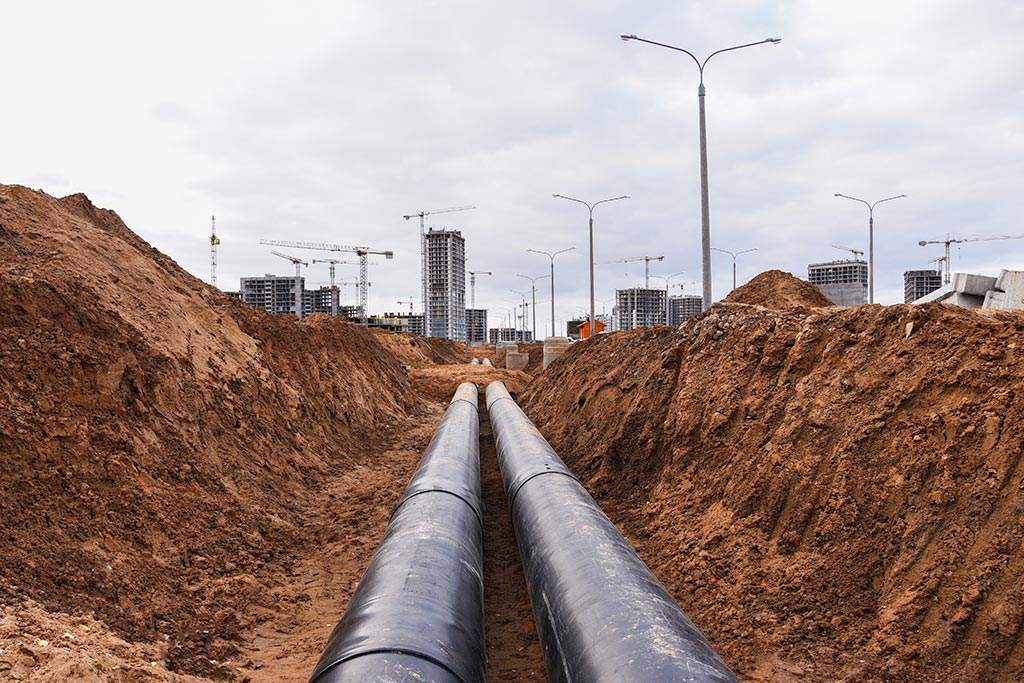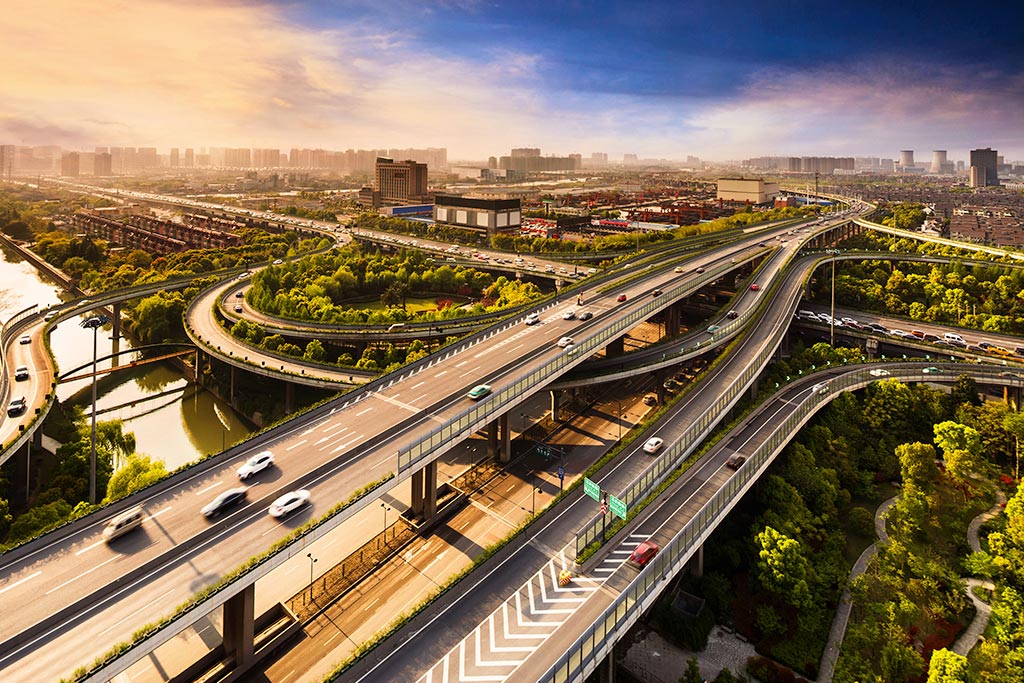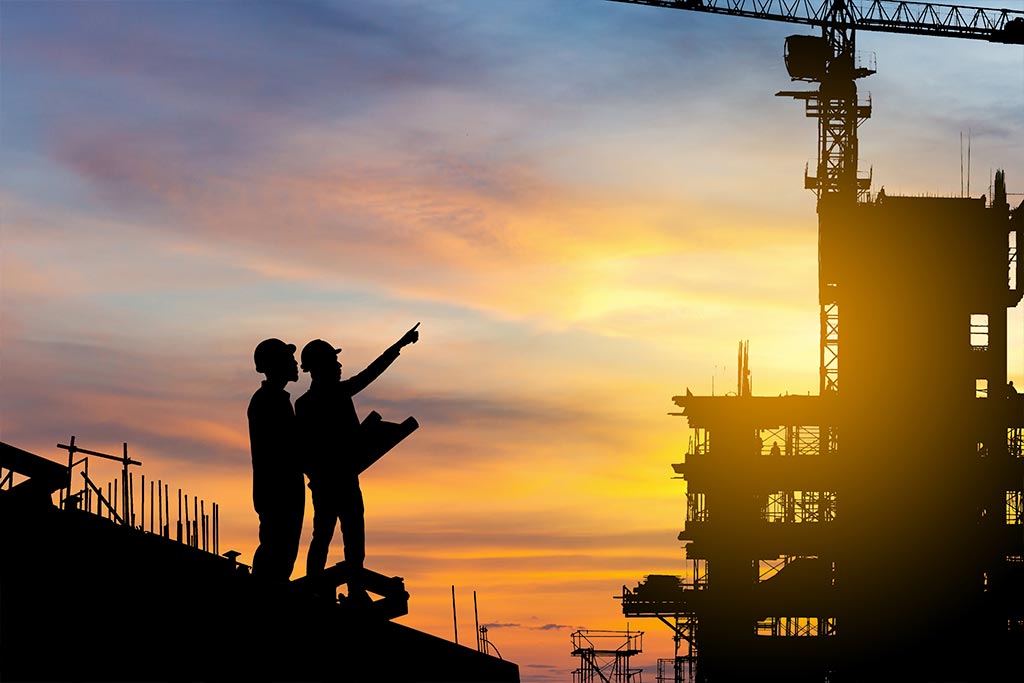The State of Infrastructure in the United States
The United States has always been a country built on infrastructure. From the transcontinental railroad and the interstate highway system to modern airports and ports, our infrastructure has played a critical role in shaping the nation’s economy, growth, and competitiveness.
But today, much of that infrastructure is in dire need of repair and modernization. According to the American Society of Civil Engineers (ASCE), the United States has a “D+” grade for the overall condition of its infrastructure, with many individual categories receiving even lower grades.
Crumbling Roads and Bridges
One of the most pressing issues is the state of our roads and bridges. The ASCE estimates that nearly one-quarter of all U.S. roads are in poor or mediocre condition, and nearly 50,000 bridges are structurally deficient or functionally obsolete. This not only poses a safety risk for drivers, but it also has a significant economic impact. According to the U.S. Department of Transportation, poor road conditions cost American drivers an estimated $109 billion per year in additional vehicle repairs and operating costs.

Outdated Water and Sewage Systems
In addition to our roads and bridges, the U.S. also faces challenges with its water and sewage systems. Many of these systems are outdated and prone to leaks and breaks, leading to water waste and environmental pollution. The ASCE estimates that the U.S. needs to invest $1 trillion over the next 25 years to modernize and maintain these systems.
The nation’s more than 16,000 wastewater treatment plants are functioning, on average, at 81% of their design capacities, while 15% have reached or exceeded it.
—American Society of Civil Engineers
Overcrowded Airports and Aging Ports
Our airports and ports are also in need of improvement. Many of our airports are overcrowded and struggling to keep up with growing demand, leading to delays and inefficiencies. Meanwhile, our ports are facing challenges related to aging infrastructure and the need to accommodate larger ships and cargo volumes.
Prior to the onset of the COVID-19 pandemic, the nation’s airports were facing growing capacity challenges. Over a two-year period, passenger travel steadily increased from 964.7 million to 1.2 billion per year, yet flight service only increased from 9.7 to 10.2 million flights per year…
—American Society of Civil Engineers

The Importance of Infrastructure Improvement
Economic Growth and Competitiveness
So why is infrastructure improvement so important? For one, it is essential for economic growth and competitiveness. Infrastructure enables businesses to move goods and services efficiently, access new markets, and attract and retain top talent. It also creates jobs and supports local economies.
Growing wear and tear on our nation’s roads have left 43% of our public roadways in poor or mediocre condition, a number that has remained stagnant over the past several years.
—American Society of Civil Engineers
Public Safety and Well-Being
Infrastructure improvement is also critical for the safety and well-being of the American people. Crumbling roads and bridges, outdated water systems, and overcrowded airports all pose risks to public safety. Investing in infrastructure upgrades can help to prevent accidents and reduce the impact of natural disasters.
There is a water main break every two minutes and an estimated 6 billion gallons of treated water lost each day in the U.S., enough to fill over 9,000 swimming pools.
—American Society of Civil Engineers
Environmental Sustainability
Finally, infrastructure improvement is necessary for environmental sustainability. Upgrading our water and sewage systems can help to reduce water waste and pollution, while investing in alternative modes of transportation, such as public transit and bike lanes, can reduce carbon emissions and improve air quality.

Moving Forward with Infrastructure Improvement
The good news is that there is growing recognition of the importance of infrastructure improvement in the United States. The federal government has recently committed to investing billions of dollars in infrastructure projects, and many states and localities are also taking action.
However, there is still much work to be done. It is crucial that we continue to invest in our infrastructure and prioritize long-term planning and maintenance. By doing so, we can ensure that the United States remains a leader in infrastructure and continues to support the prosperity and well-being of its citizens.
One way to move forward with infrastructure improvement is to adopt a comprehensive, long-term approach. This means not only investing in new projects, but also addressing the maintenance and repair of existing infrastructure. By taking a proactive approach to maintenance, we can extend the life of our infrastructure and save money in the long run.
Another key aspect of infrastructure improvement is the adoption of new technologies and materials. From advanced materials that are more durable and resistant to corrosion to smart infrastructure systems that can monitor and optimize performance, new technologies can help to improve the efficiency and reliability of our infrastructure.
Finally, it is important to consider the needs of all stakeholders when planning and implementing infrastructure projects. This includes not only the needs of businesses and commuters, but also the needs of local communities and the environment. By taking a holistic approach to infrastructure planning, we can ensure that projects are designed and implemented in a way that benefits all parties.
By addressing these issues and investing in our infrastructure, we can build a stronger, more sustainable future for the United States. Project PRC Corporation is taking the lead in assisting the United States with infrastructure projects that will benefit generations to come.



